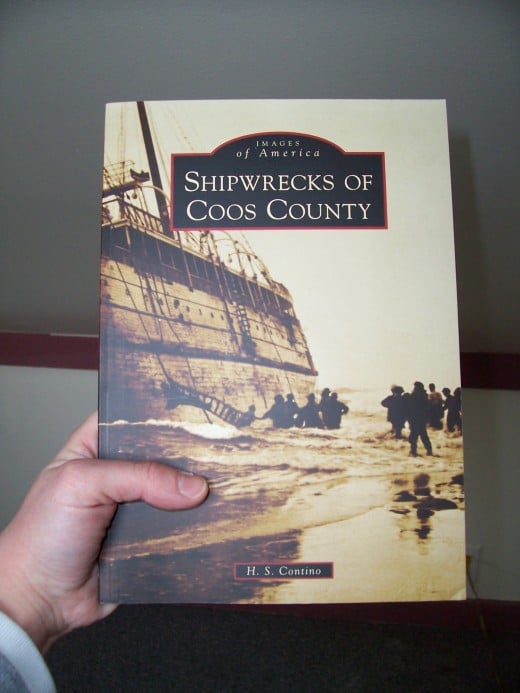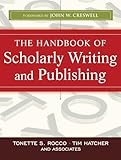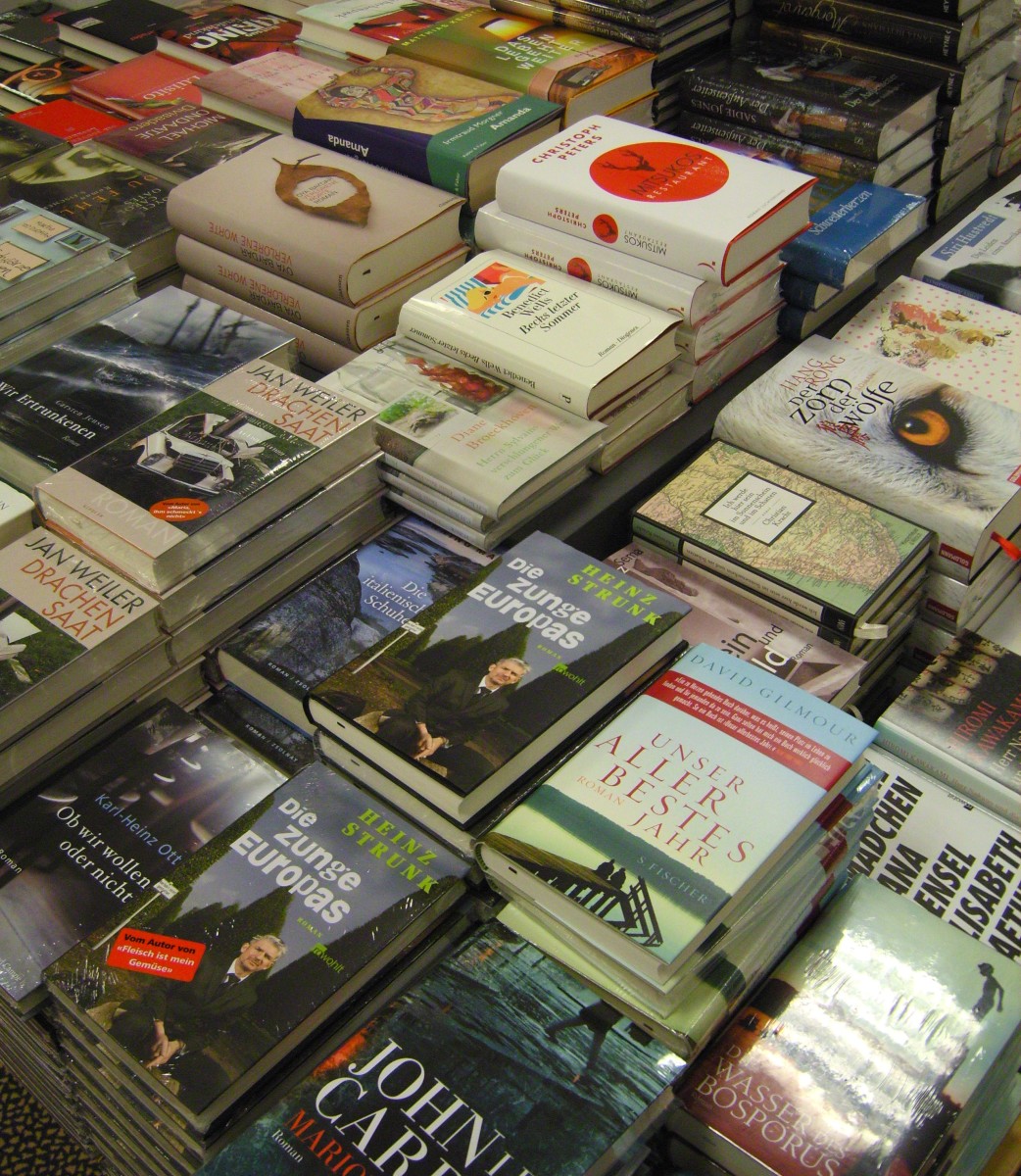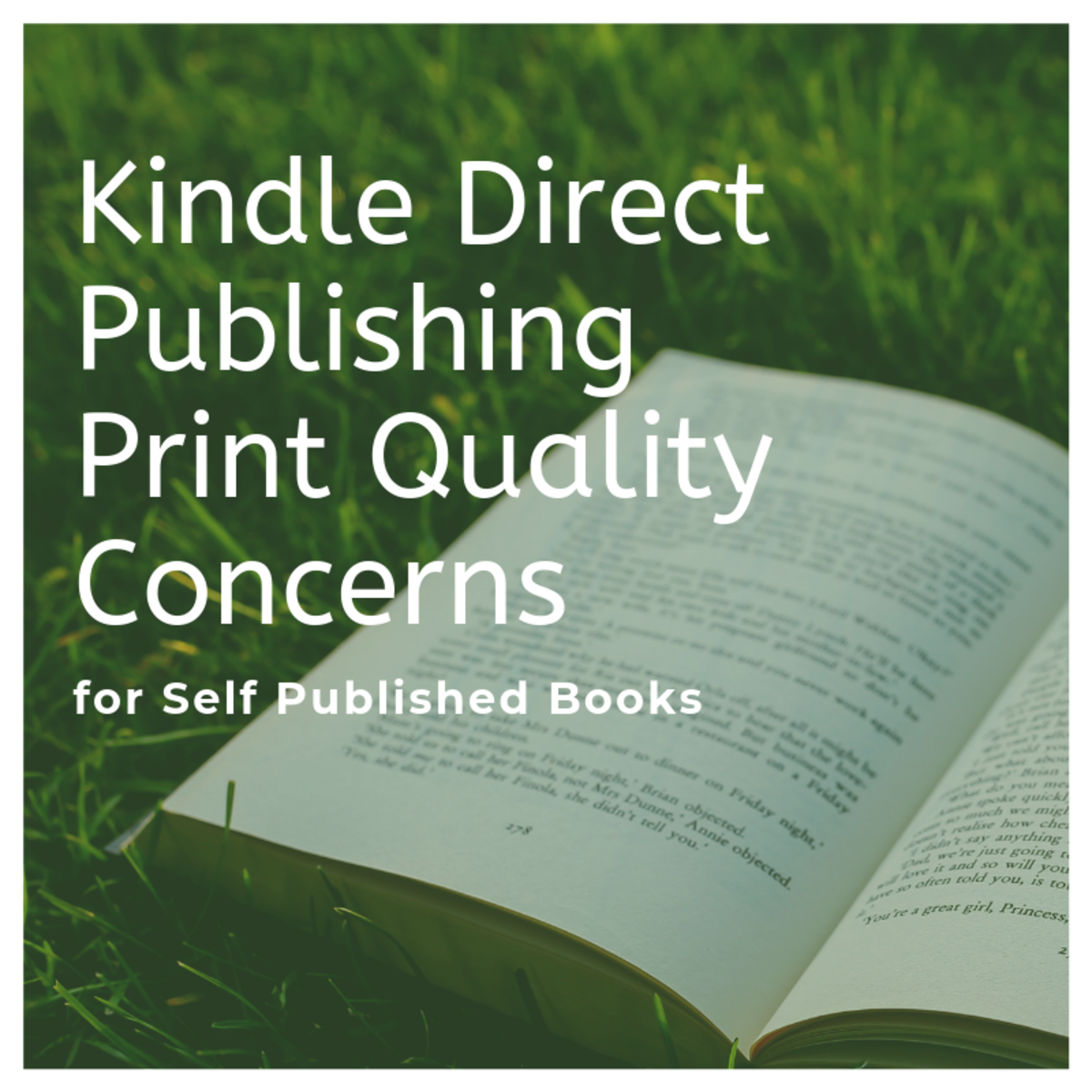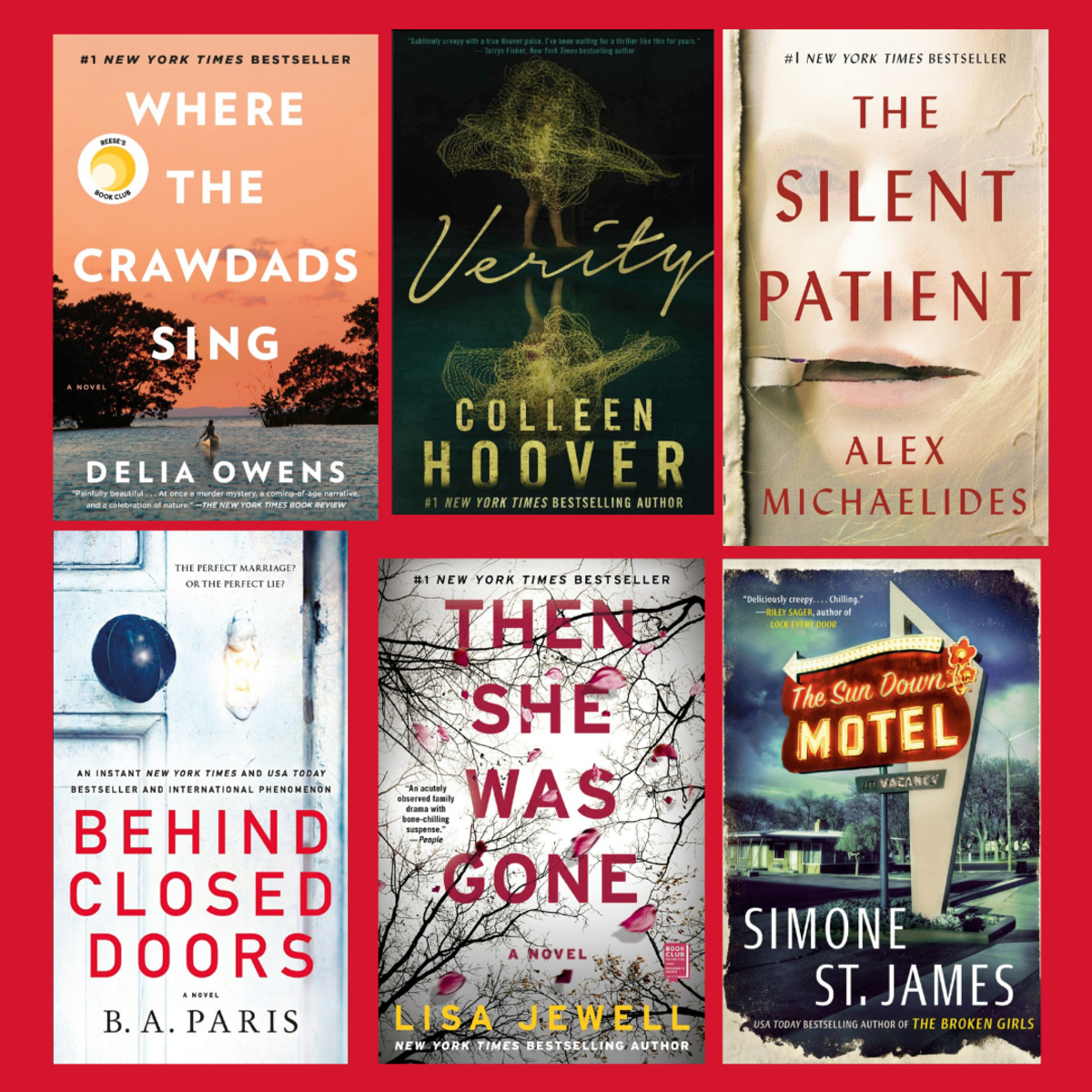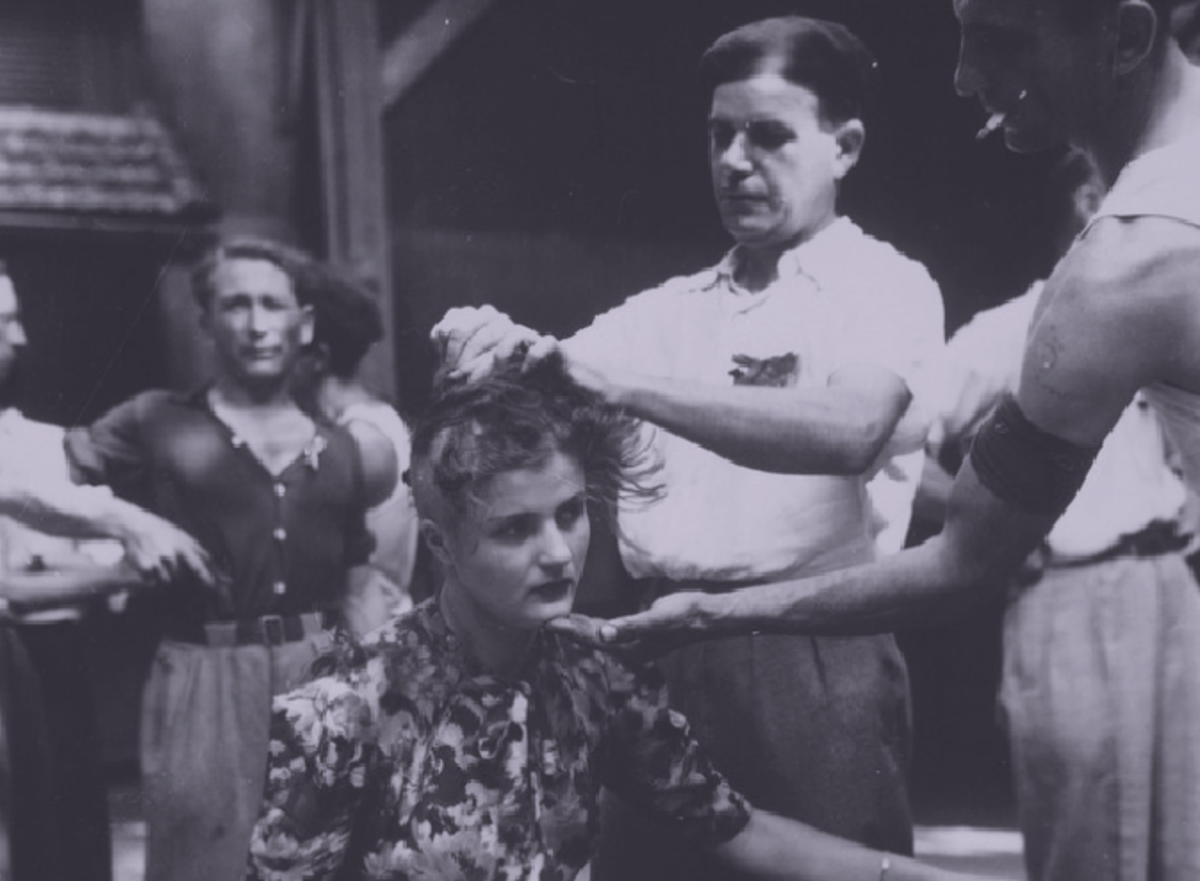Breaking Into Print

Pondering the Publication of My First Book
The past week has been one of the most exciting weeks of my life. Last Monday it became official: I was a published author. And this time it wasn’t just a short story in an obscure magazine that most people have never heard of. No, this time it was the real thing. My book was published by a company that has printed hundreds of regional history books across the United States.
It’s been such an exciting week… I was even interviewed by the local newspaper, and the story made the front page! (Yeah, yeah, small towns are great when it comes to stuff like that). Since then my phone has been ringing off the hook. I’ve had numerous invitations to do book signings and speaking engagements. Me! (chuckle)
The publication of my book marks the 1st real milestone in my fledgling writing career. It has made me reflect on my literary journey so far. I’ve been pondering what I’ve learned so far and the advice that I would offer to other writers (should they ask me).
1. Perseverance: Just keep trying. You’ll get there eventually!
2. Take the Plunge: You’ll never get published if you don’t overcome your fears and submit your article/story/book proposal/whatever to a publisher. The worst thing that they can do is say “no” (and if they do, see #1).
3. Write Every Day: It’s true that practice makes perfect. It’ll also keep your writing skills from getting rusty.
4. Read: Inspiration can come from anywhere . Learn from other writers—both good and bad. Read the classics, the tabloids, and everything in between. Then, ask yourself “What works?” and “What doesn’t?” Given the chance, how would you improve the article you just read?
5. Revise and Re-Read: After you finish the “final” draft, walk away. Let some time pass then re-read it with fresh eyes. You’ll catch more mistakes, typos, discrepancies, and unclear statements.
6. Warm Up: The best cure for writer’s block is to work on something else. Try something new or fun to get the creative juices flowing. Then, go back to your major project.
7. Try New Things: I prefer writing fiction; but, my first published book is non-fiction. You’ll never know if you’re any good at something if you don’t try it first.
8. Re-Define Expert: I avoided writing non-fiction for years because I never felt like I was knowledgeable enough about any topics to write about them. I’ve since learned that you don’t have to be an expert. You just need to have a general knowledge about the topic and be willing to dedicate a lot of time researching the topic further.
9. Write about topics that interest you. If the topic bores you, your reader will pick up on it. It’s much more advisable to write about a topic that you feel passionate about. Your enthusiasm can be contagious. I once read a book about the evolution of silverware! The author did a great job presenting the information and keeping the reader engaged and entertained by what could’ve been a very dull topic! It’s not what you write—it’s how you write it that really matters.
Which do you prefer to write?
It's here!
